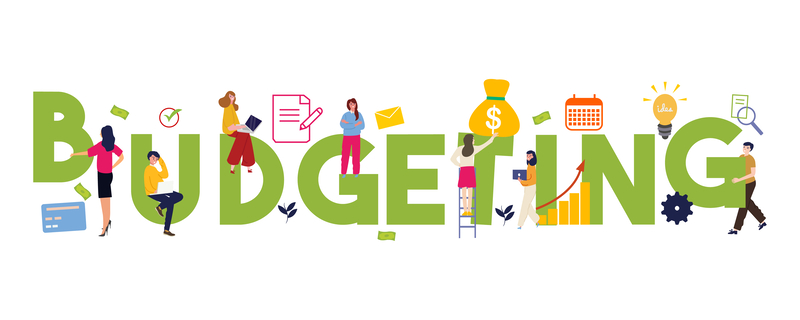
A Comprehensive Guide for Potential Homebuyers
Are you dreaming of owning your own home? With the 2024 real estate market offering unique challenges and opportunities, understanding the actual cost of buying a home has never been more important. In this article, we will dive into the numerous factors that influence the cost of buying a home, how to gauge your financial readiness, and tips to make your homeownership dream a reality.
From CNN, "Here is how much household income you’ll need to afford the median-priced home in every US state".
Middle Class Income Need to Buy a House and Housing Costs
In 2024, the concept of middle-class income has evolved, especially when it comes to homeownership. An analysis from a recent reddit discussion highlights how identifying as middle class is highly dependent on one's circumstances.
With rising housing prices and interest rates, many people believe that an income of at least six figures is necessary to afford a home, save for retirement, and raise children comfortably.

Income Ranges for Homeownership
How much does it cost to buy a house in your city?
1. Low-Cost-of-Living (LCOL) Areas:
- Middle-class income range: $60,000 - $100,000.
- Comfortable for homeownership: $100,000 - $150,000.
2. Medium-Cost-of-Living (MCOL) Areas:
- Middle-class income range: $80,000 - $120,000.
- Comfortable for homeownership: $120,000 - $180,000.
3. High-Cost-of-Living (HCOL) Areas:
- Middle-class income range: $100,000 - $150,000.
- Comfortable for homeownership: $150,000 - $250,000 or more.
These ranges provide a general idea of the income needed to afford a home, save for retirement, and raise a family comfortably. Can I afford a house on my income?

1. Determining Your Budget: The Starting Point
Before you start looking for a home, it's crucial to determine your budget. A key question to consider is: "What can I afford?" This involves more than just the listing price. You need to factor in additional costs like property taxes, homeowners insurance, and maintenance costs. A good rule of thumb is that your mortgage payment should not exceed 28-30% of your gross monthly income.
2. The Down Payment: How Much Do You Need?
One of the biggest upfront costs of buying a home is the down payment. The traditional benchmark is 20% of the home's purchase price, but many buyers put down less. However, a smaller down payment means paying for private mortgage insurance (PMI), which increases your monthly payment. Consider how much you have saved and what you can comfortably afford.
3. Closing Costs: The Hidden Expenses
Closing costs, typically ranging from 2-5% of the loan amount, cover fees for services such as appraisals, inspections, and title insurance. These costs can catch first-time buyers off guard, so it's important to budget accordingly.
4. The monthly mortgage breakdown: Principal, Interest, Taxes, and Insurance
Your monthly mortgage payment covers four components: principal, interest, property taxes, and homeowners insurance. Together, they form the acronym "PITI." The principal is the amount you borrow, while the interest is the cost of borrowing that money. Property taxes and homeowners insurance vary based on your location and coverage, respectively.
5. Ongoing Costs of Homeownership
Beyond the initial costs, homeownership comes with ongoing expenses. Maintenance and repairs, utility bills, and potential homeowners association (HOA) fees are all part of the package. It's wise to set aside 1-3% of your home's value each year for maintenance and unexpected repairs.
6. Tips for Affording a Home
1. Save for a Down Payment:
The larger your down payment, the lower your monthly payments and overall loan cost.
2. Improve Your Credit Score:
A higher credit score can secure you a better mortgage interest rate.
3. Explore First-Time Homebuyer Programs:
Many programs offer down payment assistance and favorable terms.
4. Consider a Fixer-Upper:
Homes needing repairs often have lower prices, but factor in renovation costs.
5. Live Within Your Means:
Choose a home that fits your budget to avoid being "house poor."
The cost of buying a home varies based on numerous factors, including your location, financial situation, and the type of property you choose. By understanding these costs and planning accordingly, you can make informed decisions and turn your dream of homeownership into a reality. Remember, the journey to buying a home is not just about the upfront costs but also about preparing for the long-term commitment of maintaining and living in your new space.






